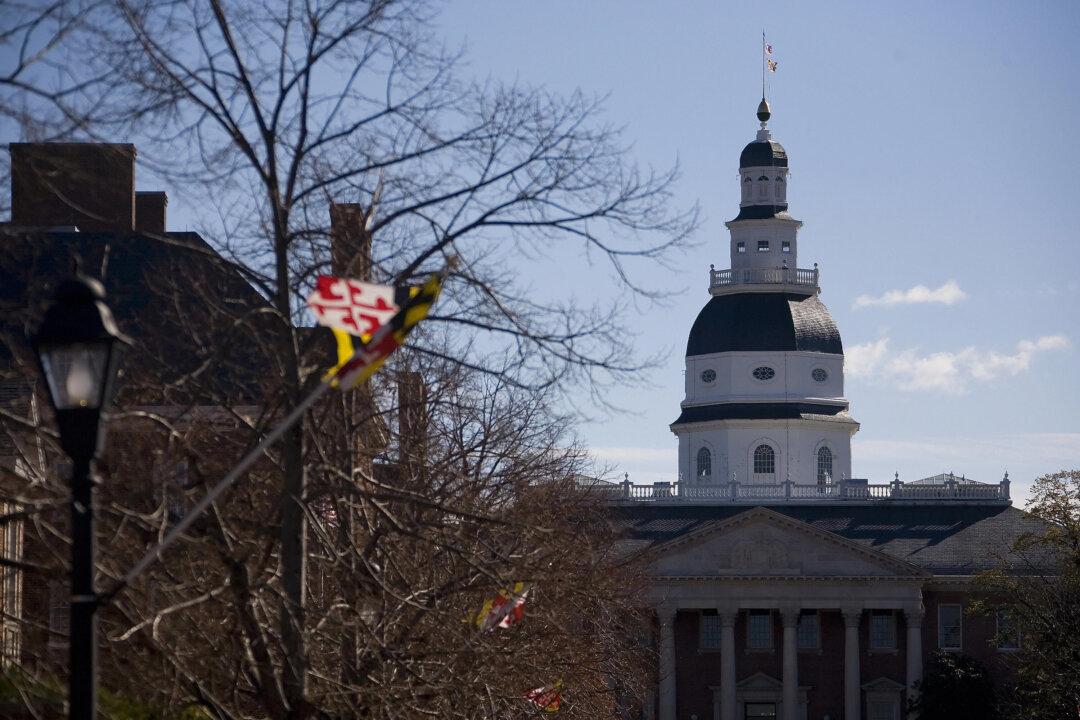Giving a student a seat at the school board table with near-full voting privileges is one way of granting schoolchildren a greater voice in their education, but it may not be legal.
The question is now in the hands of a federal appeals court.

Giving a student a seat at the school board table with near-full voting privileges is one way of granting schoolchildren a greater voice in their education, but it may not be legal.
The question is now in the hands of a federal appeals court.